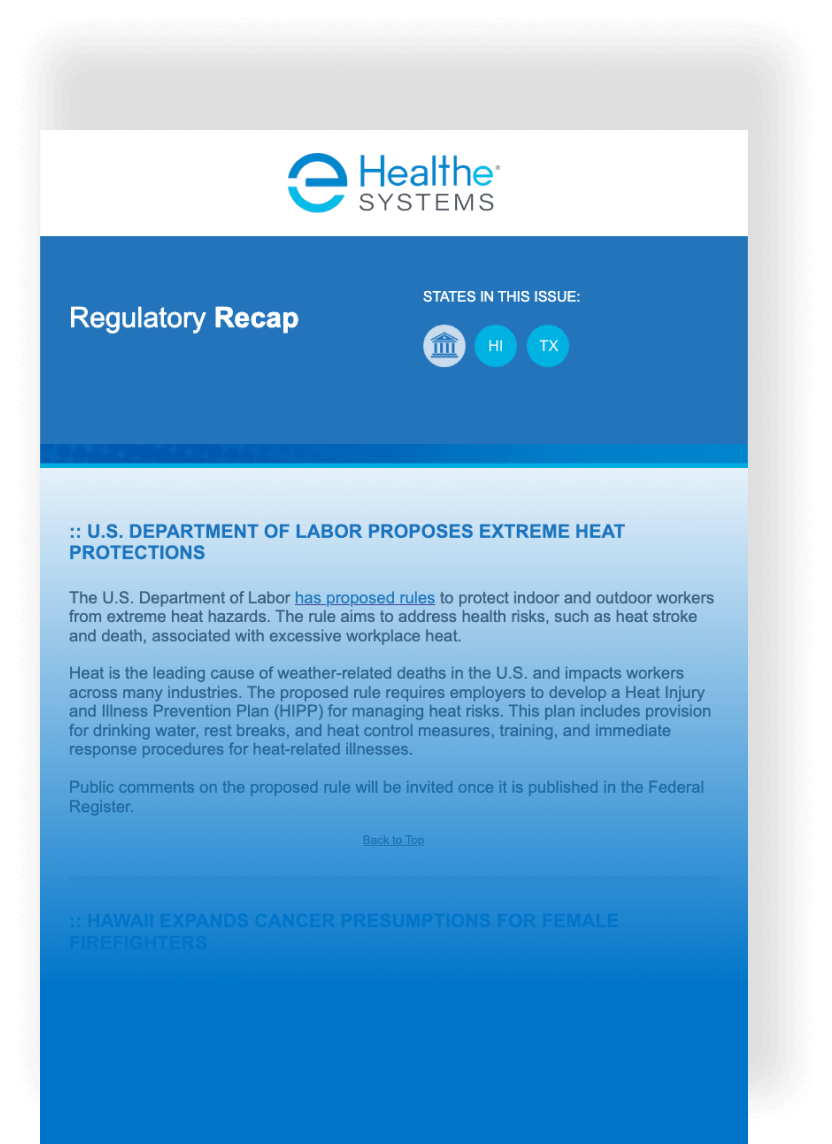The National Council on Compensation Insurance (NCCI) released its 2024 Regulatory and Legislative Trends report, tracking 911 state and federal bills that could impact workers’ compensation
Of those 911 bills, 108 were enacted.
A significant amount of activity surrounded first responders. Alaska, Arizona, and Oklahoma expanded PTSD coverage for certain first responders, while overall, states proposed various first responder presumptions for conditions like hearing loss, hypertension, cardiovascular or cerebrovascular injury, long COVID, and certain cancers.
Louisiana enacted a presumption for hearing loss in state police, and New Jersey established presumptions for cardiovascular and cerebrovascular injuries in EMTs and paramedics.
Marijuana and psychedelics also saw significant activity.
Several states introduced bills to legalize or study psychedelics (e.g., LSD, psilocybin) for medical use or personal possession, potentially impacting future compensation policies.
And while marijuana remains illegal at the federal level, states continue to explore legalization and reimbursement in workers' comp. Federal bill S4226 proposed decriminalization, and the DEA plans to move marijuana from a Schedule I to a Schedule III drug. Though not full legalization, this change could influence its medical use in workers' compensation cases.







